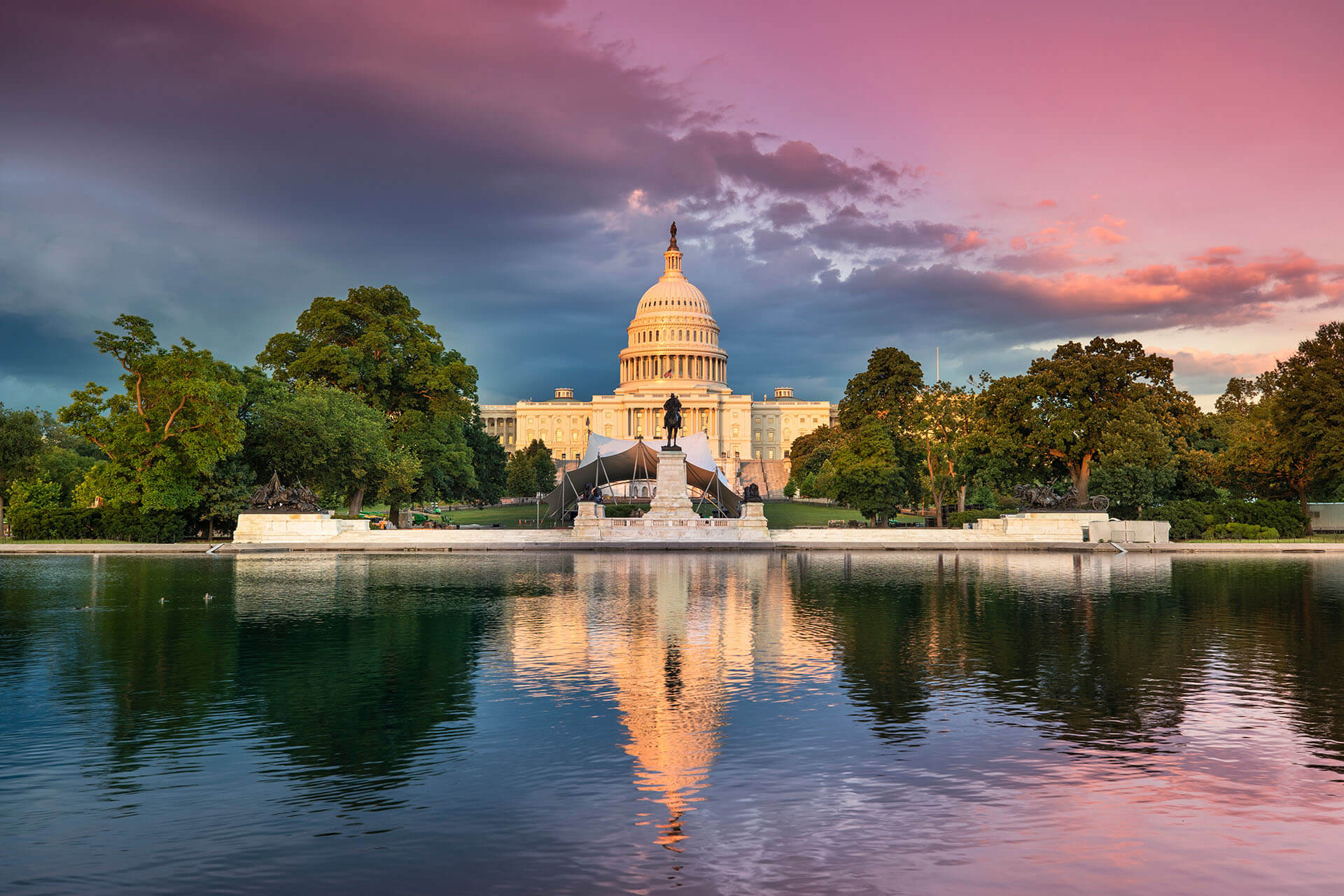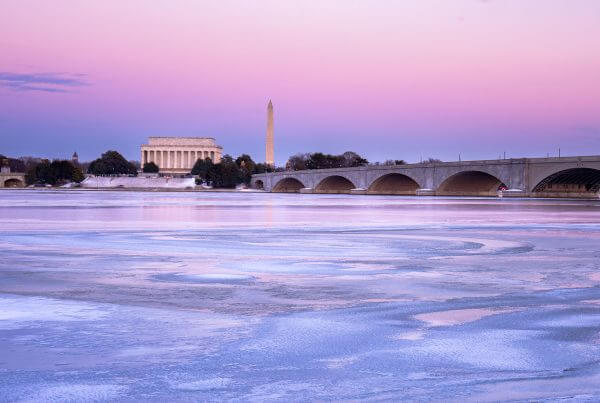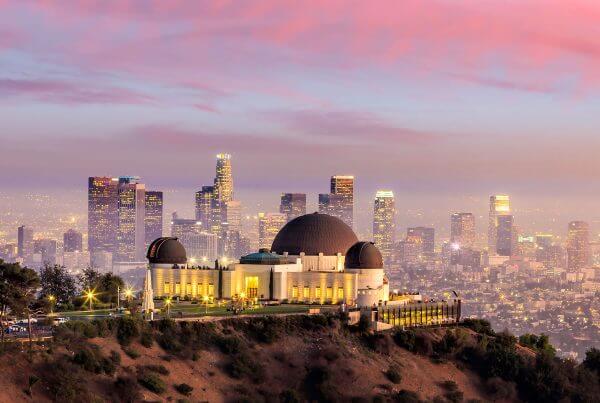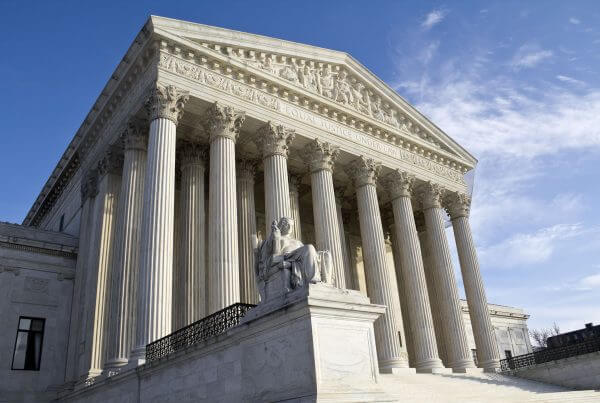Key Points
- The Trump Administration has implemented new restrictions for H-1B visa holders and seekers
- The new rules limit the validity of an H-1B visa to one year at third-party worksites
- Employers must increase wages for H-1B visa holders under the reforms
- Government surveillance will increase to ensure employer compliance
- The rules take effect on December 6, 2020
- The measures will affect approximately one-third of all H-1B applications
Overview
On October 6, 2020, the Trump Administration announced additional restrictions for H-1B visa holders. The rules will impose more stringent requirements for businesses that hire H-1B workers.
Effective October 8, 2020, employers will see an immediate increase to DOL’s OES wages associated with each wage level, which will apply to H-1B, H-1B1, E-3 and PERM labor certifications.
What are the Changes?
Through its Interim Final Rule (IFR), the Department of Homeland Security will redefine the meaning of “specialty occupations.” Additionally, it will limit an H-1B visa’s validity to a maximum of one year for workers placed at third-party worksites. The government will also increase surveillance and enforcement protocols for employers that do not comply with H-1B regulations or site visit mandates.
Additionally, a new Department of Labor rule will require employers to increase compensation for their H-1B employees. The rule is intended to discourage companies from hiring foreign employers rather than fulfilling positions using available American employees.
What are the Impacts on Employers and Applicants?
The new rule is expected to impact more than one-third of all H-1B petitions. Although the new rule will not result in an automatic rejection of H-1B applications, it will likely make it more difficult for applicants to obtain H-1B status.
Looking Ahead
The rule, which is touted as the administration’s latest measure to prioritize American workers during the COVID-19 pandemic, is scheduled to take effect on December 6, 2020. It is the newest measure following President Trump’s executive order, issued in June 2020, that suspends the issuance of certain temporary worker visas through December 31, 2020, including H-1B visas, H-2B visas, H-4 visas, L-1 visas, and some J-1 visas. The last executive order has been successfully challenged in the courts. It is anticipated this executive order will similarly be challenged.






